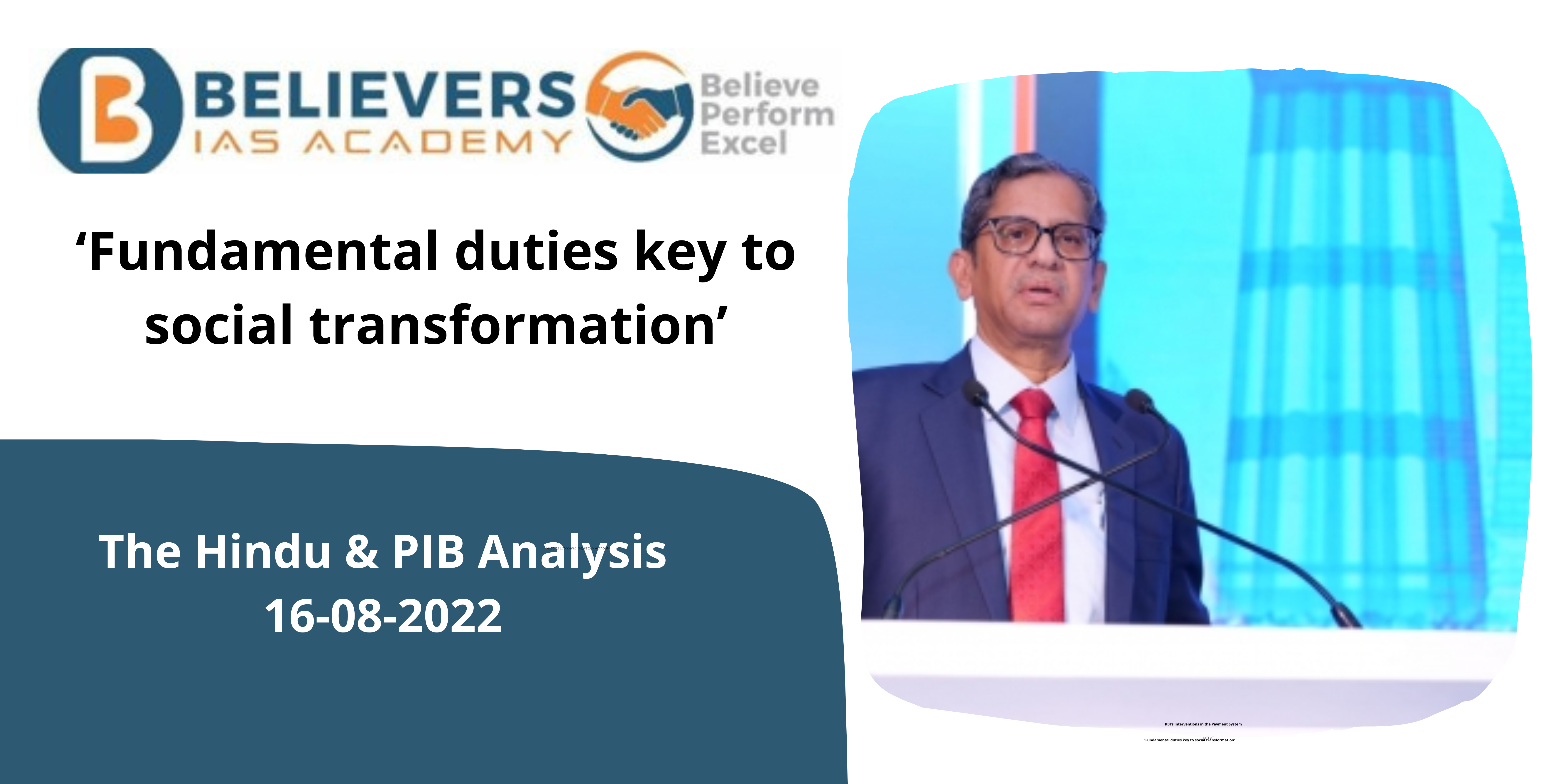India’s Income Challenge and Global Paradigm Shifts
Context:
The Indian economy is grappling with an incomes problem rather than a growth problem, leading to debates on job creation and skepticism about government data. This situation prompts a comparison with the U.S. economy, where headline economic numbers don’t reflect the dissatisfaction among citizens. The focus on transitioning from agriculture to services, bypassing labor-intensive manufacturing, has created a dearth of “good” jobs, necessitating a reevaluation of economic paradigms.
Relevance:
GS-02, GS-03 (Growth and Development)
Prelims:
GDP, Inflation, Human Development Index (HDI)
Mains Question:
The process of policymaking must begin with listening to those who have not been given much value in the present economic paradigm, Comment (250 words)
Dimensions of the Article:
- Decoding the Income Challenge
- The Job Landscape
- The Notion of ‘Good’ Jobs
- Rethinking Economic Concepts
- Inclusive Policy Formation
Decoding the Income Challenge:
- Despite robust GDP growth, the central issue lies in the insufficient and unsustainable growth of incomes for a vast section of the populace.
- The ongoing debate about job creation sparks controversy, with conflicting perspectives on the reliability of government data. The dichotomy between economic growth and income distribution becomes a focal point for scrutiny.
- Low income growth also has an adverse affect on the demand for goods and services. It has affected the consumption and the investment levels in the economy and has reduced the tax revenue for the government.
The Job Landscape:
- The discourse delves into the historical pattern of transitioning from agriculture to manufacturing for sustainable growth, emphasizing the need for sufficient job creation.
- However, the attempt to shortcut this transition through a direct leap to services, particularly IT, faces challenges.
- Despite rapid economic growth, the prevailing scenario points to a dearth of quality jobs, especially in high-end services, hindering the economic ladder’s upward climb for many.
- Covid-19 made things worse, as many businesses have either shut down or reduced their operations.
- According to the Centre for Monitoring Indian Economy(CMIE): 1.8 crore salaried jobs were lost between April and July 2020.
- The unemployment rate was 7.4% in August 2020, compared to 5.4% in August 2019.
The Notion of ‘Good’ Jobs:
- While millions transition from agriculture to various sectors, the prevalent issue is the quality of jobs.
- The definition of “good” jobs emerges, focusing on factors such as pay, permanence, and social security.
- The intricate challenges faced by workers in different sectors, including the prevalence of contract employment, highlight the need for a reevaluation of labor practices.
Rethinking Economic Concepts:
- A global turning point prompts the need for new economic ideas to foster environmental sustainability and social harmony.
- Traditional measures like GDP and employment statistics fall short in capturing the essence of evolving work dynamics.
- The discussion advocates for a paradigm shift, emphasizing the importance of new concepts of work, redesigned enterprises, and redefined social and economic relationships.
Inclusive Policy Formation:
- To initiate this paradigm shift, the article emphasizes inclusive policymaking that prioritizes the voices of marginalized groups: workers, small farmers, entrepreneurs, and women.
- The prevailing influence of economic experts, financial institutions, and large corporations in policymaking is challenged, advocating for a more democratic approach that listens to the concerns of the majority.
Way Forward:
- The path forward requires a departure from relying solely on historical statistics and embracing a people-centric approach. Policymakers are urged to consider the aspirations and needs of the people, aligning future policies with the evolving nature of work and enterprise. A call is made to redefine economic growth measurements to encompass the forms of work and enterprises envisioned for the future.




